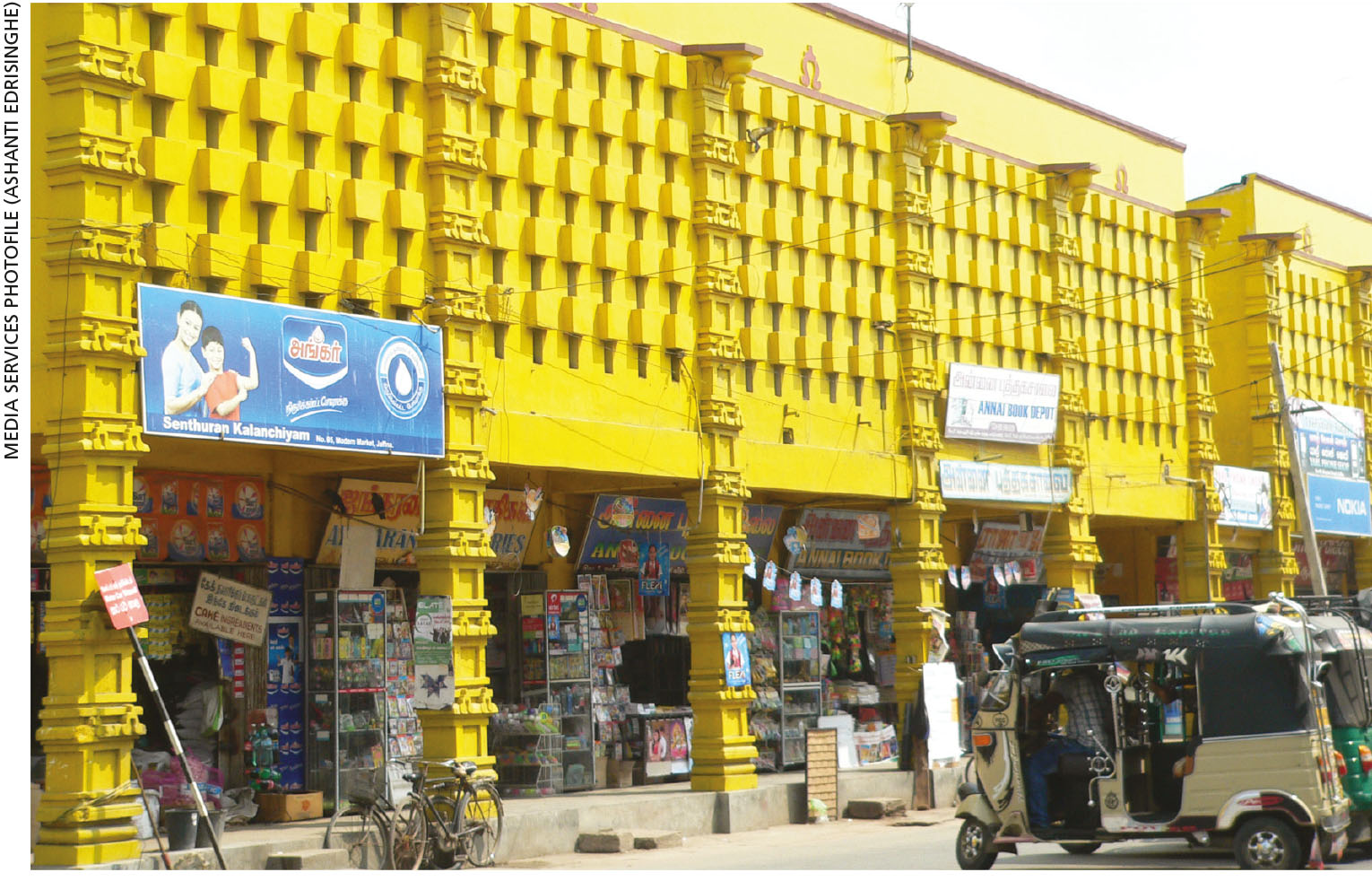POSTWAR INVESTMENT
Courtesy Centre for Poverty Analysis (CEPA)
FDI: TESTING THE WATERS
The diaspora continues to be wary of investing in the Jaffna peninsula

State and non-state entities, and diaspora experts, strongly advocate that Sri Lankans living overseas actively engage as key stakeholders in the country’s postwar development agenda.
However, there’s little understanding of the dynamics underlying the motivation for the diaspora to engage with their ‘homeland’ – and if they do, what the nature of such investments is likely to be.
The dearth of data and research on the local context led the Centre for Poverty Analysis (CEPA) to conduct exploratory research in Jaffna focussing on the tourism industry in order to find out if Sri Lankans living overseas are seeking ways and means to invest in their land of origin.
Internationally, research has established that tourism is one of several sectors of the economy that receives a boost as members of the diaspora begin to return home. This is especially true in cases such as Sri Lanka, where the end of the civil war in 2009 and lifting of travel restrictions to the north in particular paved the way for Sri Lankans living in foreign lands to return to their country of origin.
Among those who return are young family members of the second or third generation who are probably visiting their parents’ homeland for the first time. But it is unclear whether viable avenues open up for diaspora investment. The research therefore, focussed on Jaffna and the relatively high level of interest shown by both local and international tourists to visit what was once a ‘forbidden city.’ Significantly, in a mapping exercise focussing specifically on Jaffna and Nallur, CEPA came across several accommodation units for tourists that had been established with the help of investments from Sri Lankans domiciled abroad.
Although small in number and largely invisible, the investors have a strong presence in the sector, setting up small-scale guesthouses either under single ownership or as partnerships with family members. They have sought to either convert their ancestral homes into guesthouses or acquire new plots of land in order to set up medium scale enterprises that are able to meet the demand for accommodation in Jaffna particularly during the Nallur festival.
Notably, a few of these investors are also interested in pursuing large-scale hotel ventures in Jaffna, identifying locations within and outside the northern capital as potential sites for both local and international tourists to visit. And interestingly, these investments take place remotely as many of the investors haven’t returned permanently to Sri Lanka – they operate from overseas, and rely on their extended families or friends to assist in operating the business ventures.
For many of these investors, such business enterprises do not constitute their primary source of income. These individuals tend to be salaried professionals or those with business interests overseas. This enables them to take the risk of investing resources in Sri Lanka and not be in danger of losing too much in case the venture flounders. Their interest in returning ‘home’ through such ventures is genuine but there remains a fear of being confronted by a lack of support on the ground.
Strikingly, very few choose to register with the Sri Lanka Tourism Development Authority (SLTDA). Instead, they prefer to operate as private enterprises registered by the relevant political and administrative institutions in Jaffna. These investors have joined the ranks of a large number of similar entrepreneurs involved in the region’s informal tourism sector who prefer to remain independent.
None of the investors acknowledged the benefits of securing recognition through the SLTDA; rather, they were frustrated by the lack of government support.
The lackadaisical attitude of the local authorities in harnessing the potential of the sector, to create jobs and improve the domestic economy has been cited as a major roadblock to operating and enhancing such tourism ventures.
This could be why investments remain small so as to minimise the risk of losses in case the sector suffers a setback.
These initial steps therefore, amount to a testing of the waters by Sri Lankans living overseas.
But if the administrative and political structures of the government fail to adopt a proactive stance to facilitate such forms of financial engagement, even smaller investors such as those who are active in Jaffna’s informal tourism sector will have little incentive to continue to channel funds to the peninsula.






Leave a comment